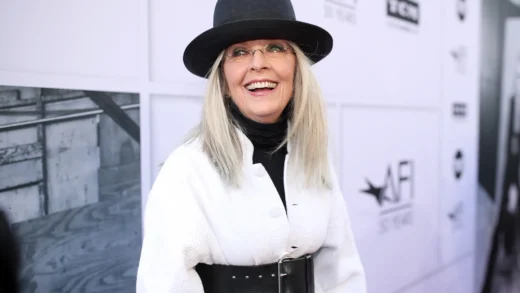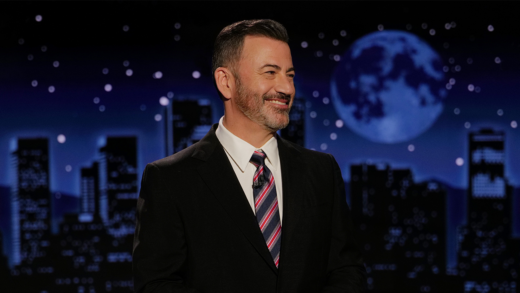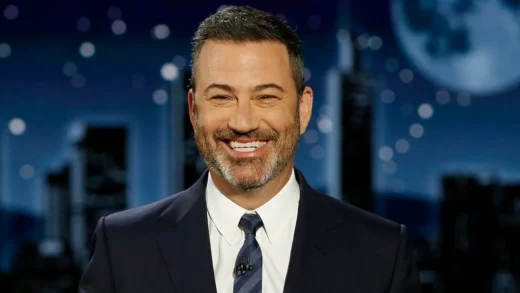A dynamic that may decide the fate of the defamation duel between Johnny Depp and Amber Heard emerged on Friday during closing arguments: Depp played up evidence that he argues vindicates him of abuse, while Heard played up standards of law that she argues must lead the jury to find in her favor.
Over six weeks of trial, dozens of witnesses and exhibits have been shown to the jury tasked with determining whether the actors defamed each other through over three years of public mudslinging in the press. They will navigate formulaic principles of defamation law to reach a verdict.
Depp’s lawyers during closing remarks, keeping in line with their trial strategy, portrayed Heard as the abuser in the former couple’s relationship and Depp as a pacifist who tried to hide at the sign of an argument.
“There is an abuser in this courtroom, but it is not Mr. Depp,” said Camille Vasquez, representing the Pirates actor. “And there is a victim of domestic abuse in this courtroom, but it is not Ms. Heard.”
Ben Rottenborn, representing Heard, urged the jury to disregard what he characterized as a red herring in Depp’s accusations. It does not matter if Heard abused him, he argued.
“If Amber was abused by Mr. Depp even one time, then she wins,” Rottenborn said. “We’re not just talking about physical abuse. We’re talking about emotional abuse, psychological abuse, financial abuse, sexual abuse.”
Eleven jurors, six men and three women with two alternates, considered closing arguments in the trial in Fairfax County, Virginia, centering on a December 2018 op-ed Heard published in The Washington Post in which she called herself a domestic abuse survivor. Although the column didn’t mention him by name, Depp alleged she defamed him because claims in the piece corresponded with the time the pair were married. After Depp sued for $50 million, Heard shot back with a $100 million counterclaim arguing her ex-husband had coordinated a campaign aimed at smearing her.
While the central question in the trial is whether Depp abused Heard, the allegedly defamatory statements in Heard’s column are: 1. “I spoke up against sexual violence—and faced our culture’s wrath.”; 2. “Then two years ago, I became a public figure representing domestic abuse, and I felt the full force of our culture’s wrath for women who speak out.”; 3. “I had the rare vantage point of seeing, in real time, how institutions protect men accused of abuse.”
(Excerpt) Read more in: The Hollywood Reporter





